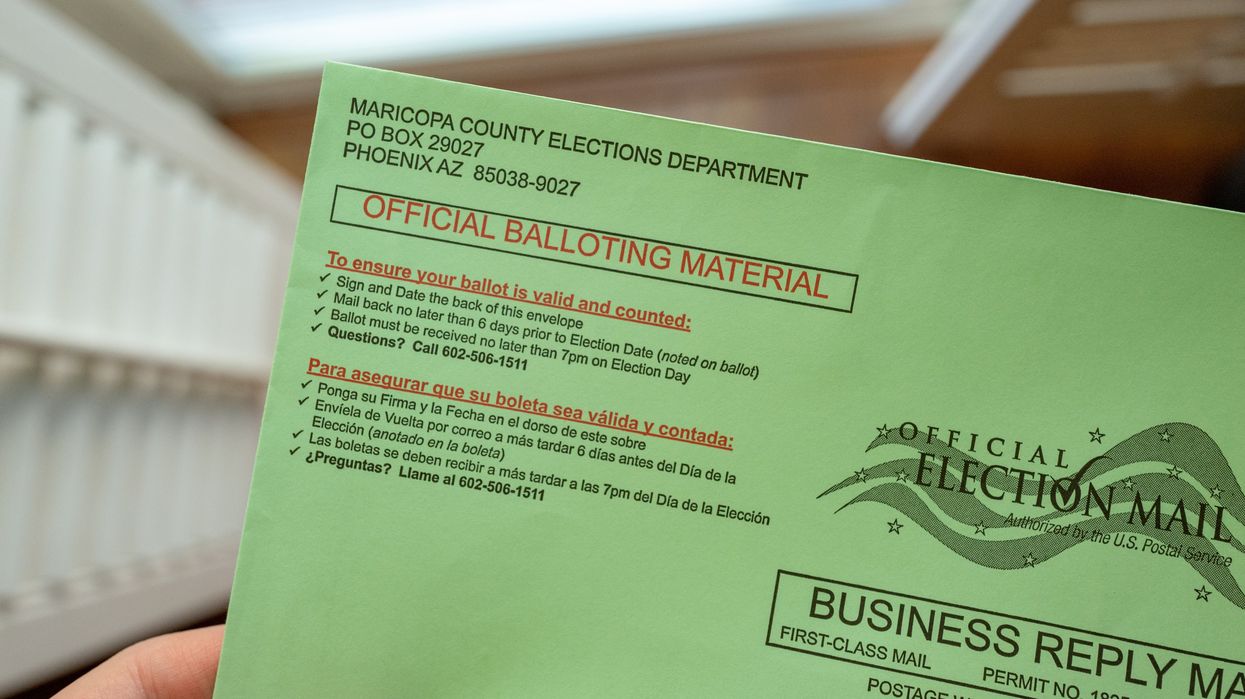The worsening political polarization in America is creating deep anxiety among voters about the upcoming 2024 elections. Many Americans fear what disputed elections could mean for our democracy. However, close and contested elections are a part of American history, and all states have processes in place to handle just such situations. It is critical citizens understand how these systems work so that they trust the results.
Trusted elections are the foundation of our democracy.
In the coming months the Election Overtime Project will help reporters, TV anchors and others prepare America to understand and not fear close elections. Election Overtime is an initiative of the Election Reformers Network developed in partnership with the Bridge Alliance, which publishes The Fulcrum.
The Election Overtime Project held its national launch event last week and will convene the first of many state-level briefings, starting with Arizona, on Sept. 30. All programs are designed for the media but are open to the public.
The briefing will introduce the tools and resources for Arizona included in the Election Overtime Project, including the release of new survey data on voter knowledge of election rules. The online event will also feature commentary from senior political leaders from both parties.
The Arizona briefing will be followed with events in Pennsylvania on Oct. 2 and North Carolina on Oct. 4 ( see the full event schedule). These briefings by election law experts will provide guides for reporting on election transparency, verification processes and judicial procedures.
Speakers at the Arizona briefing, in addition to Heather Balas and Kevin Johnson of ERN , will include:
Arizona state Sen. Ken Bennett. Bennett, a Republican, has served in the Legislature since 2023 and was vice chair of the elections committee. Bennett previously served on the Prescott City Council and in the state Senate for eight years, the last four as Senate president. Bennett was Arizona Secretary of State from 2009 to 2014. He is also a businessman and financial professional with a long history of public service in Arizona.
Ron Barber, senior advisor, Arizona Democracy Resilience Network. Barber, a Democrat, served in the U.S. House of Representatives from 2012 to 2015, after having been the district director of his predecessor, Rep. Gabrielle Giffords (D). On Jan. 8, 2011, Barber was standing beside Giffords at a constituent event when a gunman shot the congresswoman. Barber was wounded in the thigh and face. When Giffords resigned from office to focus on her recovery, she asked Barber to run for her seat. He won the special election and took office in June 2012.
Don Henninger, senior advisor, Arizona Democracy Resilience Network. Henninger, a Republican, has been a top media executive and business leader in Arizona for over 35 years, including time as managing editor of the Arizona Republic and publisher of the Phoenix Business Journal. He served on the Governor’s Bipartisan Elections Task Force.
Jackie Salit, president, Independent Voting. Salit leads a national strategy, communications and organizing center that works to connect independent voters across the United States and is a 30-year veteran of the independent and reform movements. She also serves as co-director for the Center for an Independent and Sustainable Democracy at Arizona State University.
Register here.




















 From left to right: Gabriel Cardona-Fox, Bud Branch, Joe Concienne
From left to right: Gabriel Cardona-Fox, Bud Branch, Joe Concienne 